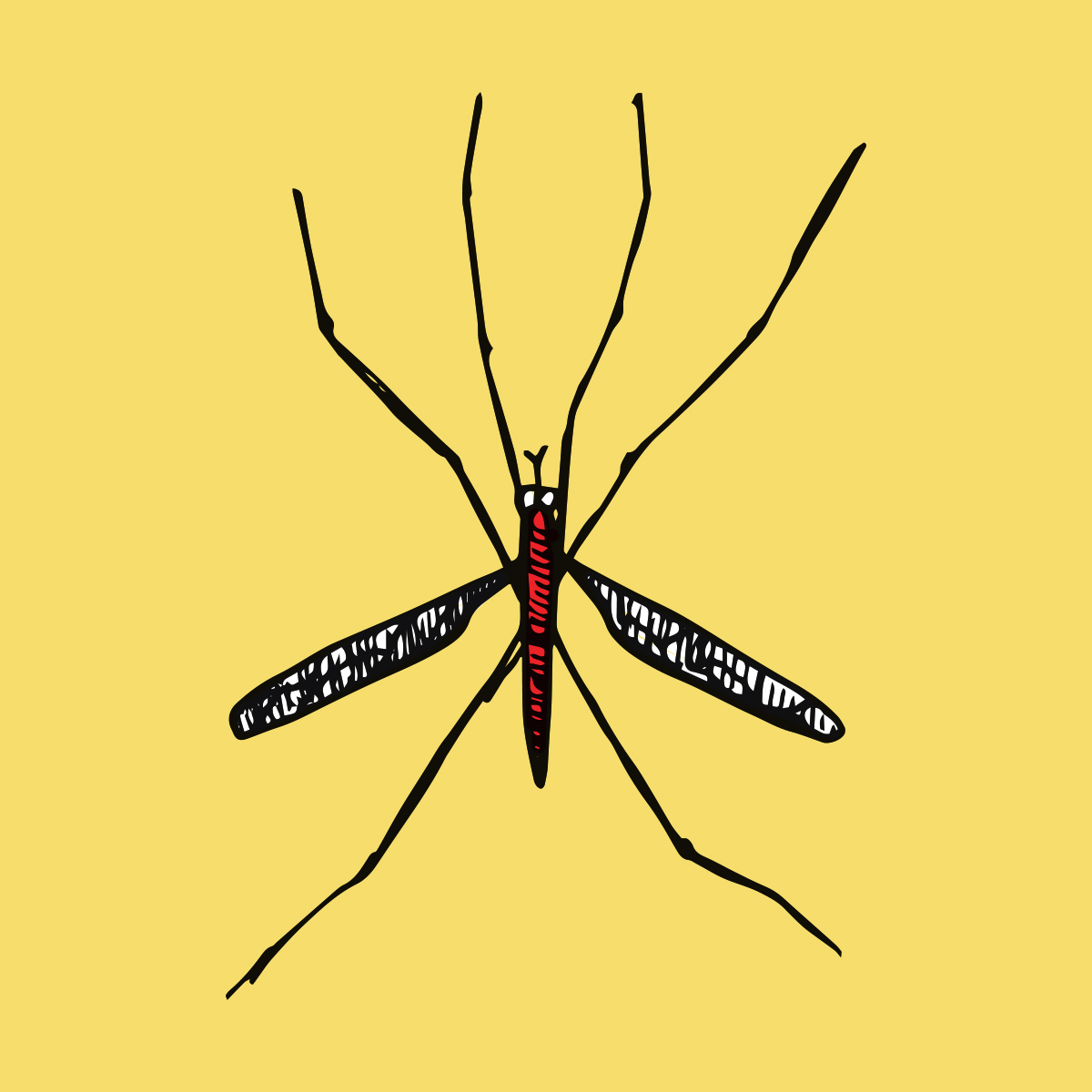Heartworms Kill Pets – 4 Important Facts to Know about this Potentially Fatal Disease
Heartworm disease is a serious and potentially fatal disease in pets. It is caused by foot-long worms (heartworms) that live in the heart, lungs and blood vessels causing severe lung disease, heart failure and damage to other organs in the body. At The PARC we want to help you protect your pets from this disease so you can both feel better, play more, and love longer!
1. Just One Mosquito Bite Can Lead to Heartworm Disease. When a mosquito bites and takes a blood meal from an infected animal, it picks up baby worms called microfilaria, which develop and mature into “infective stage” larvae over a period of 10 to 14 days. Then, when the infected mosquito bites another dog or cat, the infective larvae are deposited onto the surface of the animal's skin and enter the new host through the mosquito’s bite wound.
2. Left Untreated, Heartworm Disease can Kill Pets. Clinical symptoms often do not catch the eye of pet owners until the disease is severe. Symptoms associated with Heartworm disease in dogs can include: coughing, lethargy, labored breathing, lack of appetite and weight loss. When left untreated, Heartworms can compromise the circulatory and respiratory systems and can lead to cardiac arrest, liver failure, kidney failure, blood clots and other life threatening emergencies.
Signs of heartworm disease in cats can be very subtle. Symptoms may include coughing, asthma-like attacks, vomiting, and weight loss. Sadly, the first sign in some cases is sudden collapse or even sudden death. Because there’s no approved treatment for Heartworms in cats, protecting our furry feline friends is crucial.
3. Heartworms are a Year-Round Threat in Texas. Texas, with its heat and insect population, suffers from widespread year-round heartworm disease, unlike many colder states in the north. In fact, it’s one of only two states where year-round prevention is recommended (the other being Florida).
4. Heartworms are 100% Preventable. Heartworm prevention is simple, effective, and affordable – far much more so than treatment. If you have any questions about which option is best for your pet, make an appointment with a vet at The PARC! We’re more than happy to answer questions and provide information on the best preventative for your pet.


